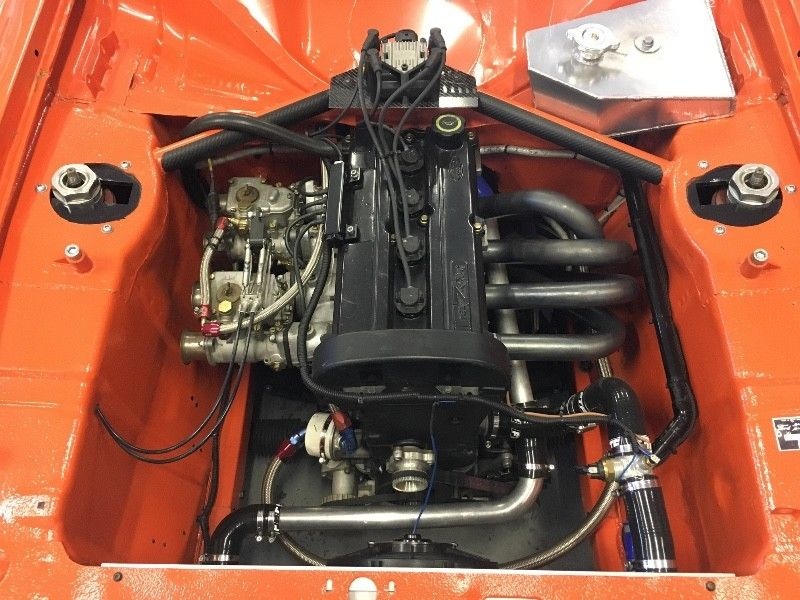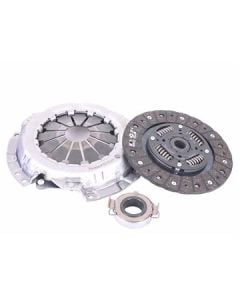Engine Acquiring Professional Tips on Choosing the Right Engine for Your Particular Demands
Choosing the right engine for your certain needs involves an intricate interaction of variables that exceed plain horse power numbers. From power result to sustain performance, the decision-making procedure can be discouraging. Recognizing the subtleties of engine kinds, dimensions, and their compatibility with your automobile is essential. There are expert suggestions that can assist navigate this terrain with self-confidence. By diving right into the details of power versus performance, evaluating fuel scores, and budgeting for long-term costs, one can really enhance their engine choice.
Power Vs. Performance: Finding the Balance

When picking an engine, it is vital to strike an equilibrium in between power and performance to satisfy your specific needs effectively. Power describes the engine's capability to create energy for propulsion, identifying factors like velocity, hauling capacity, and total efficiency (Toyota Tazz Engine For Sale). On the other hand, efficiency relates to just how well the engine makes use of fuel to generate power, influencing aspects such as fuel economic climate and environmental friendliness
Achieving the appropriate equilibrium between power and performance is vital since an engine that is as well effective might take in too much gas, bring about greater operating costs and unneeded strain on the setting. Conversely, an engine that focuses on efficiency over power might cause slow efficiency, especially in requiring situations like pulling heavy tons or driving uphill.
To make an educated decision, take into consideration factors such as your normal driving conditions, the designated usage of the vehicle, and your individual choices. By examining your top priorities and demands, you can choose an engine that strikes the excellent balance between power and effectiveness, guaranteeing optimum performance while decreasing environmental impact and operating expense.
Comprehending Engine Dimension and Type

Additionally, engine kind plays a critical role in figuring out the efficiency features of an engine. Usual engine kinds consist of inline engines, V engines, and rotating engines, each with its distinct benefits and disadvantages. The engine type impacts elements such as the engine's size, weight distribution, and power shipment. Recognizing the interaction between engine size and type is vital in selecting an engine that straightens with your specific needs and top priorities, whether it be power, performance, or an equilibrium of both.
Consider Your Automobile's Requirements
Considering your vehicle's needs is a fundamental step in the engine option process to ensure ideal performance and performance. It is vital to evaluate factors such as the meant use the automobile, its weight, hauling ability, and fuel effectiveness needs. If you are looking for an engine for a heavy-duty truck that will certainly be used for towing, you will require a powerful engine with high torque abilities. On the various other hand, if you are selecting an engine for a small car largely used for city commuting, fuel go to my blog performance may be a much more important factor to think about.

Assessing Fuel Efficiency Ratings
Assessing gas performance rankings is an essential aspect of picking the best engine for your car, guaranteeing cost savings and ecological sustainability. Gas effectiveness ratings, generally determined in miles per gallon (MPG) for gasoline engines or kilowatt-hours per 100 miles (kWh/100 miles) for electrical engines, show just how far an automobile can travel on a particular quantity of gas or electrical energy. Greater MPG or lower kWh/100 miles values indicate a lot more effective engines, translating to reduced gas expenses and lower carbon emissions.
Additionally, compare various engine choices within the very same car class to determine the most economical option. Variables such as engine size, weight, aerodynamics, and crossbreed or electric abilities can all influence gas efficiency.
Budgeting for Long-Term Prices
Tactically preparing for long-lasting expenses is go now crucial when selecting an engine, ensuring economic sustainability over the car's life expectancy. While the first purchase rate of an engine is a significant factor, it is essential to consider the long-term costs related to upkeep, repairs, and fuel usage. Deciding for a more fuel-efficient engine may have a higher in advance expense however can lead to significant savings over time. Regular maintenance, such as oil modifications, filter replacements, and tune-ups, is necessary to keep the engine running smoothly and effectively, minimizing the threat of pricey fixings down the line.
Furthermore, looking into the schedule and price of replacement parts for the picked engine is important in budget preparation. By carefully budgeting for these lasting costs and factoring them into the decision-making process, individuals can choose an engine that not only fulfills their prompt requirements yet likewise remains cost-efficient throughout its lifespan.
Verdict
In verdict, choosing the right engine for your particular demands needs balancing power and performance, understanding engine size and type, considering your lorry's requirements, reviewing gas performance ratings, and budgeting for lasting prices. By very carefully thinking about these aspects, you can sites make certain that you pick an engine that satisfies your requirements and gives ideal performance for your lorry.
To additionally refine the selection procedure of an engine that strikes the ideal equilibrium in between power and effectiveness, it is crucial to dive right into the complexities of understanding engine size and kind. Engine size refers to the overall quantity of air and gas that can be pressed via the engine cylinders. Usual engine types include inline engines, V engines, and rotary engines, each with its distinct advantages and disadvantages. Recognizing the interaction in between engine dimension and type is essential in choosing an engine that straightens with your specific needs and priorities, whether it be power, performance, or a balance of both.
Fuel performance scores, usually gauged in miles per gallon (MPG) for gas engines or kilowatt-hours per 100 miles (kWh/100 miles) for electric engines, show exactly how much a car can take a trip on a specific amount of gas or power.